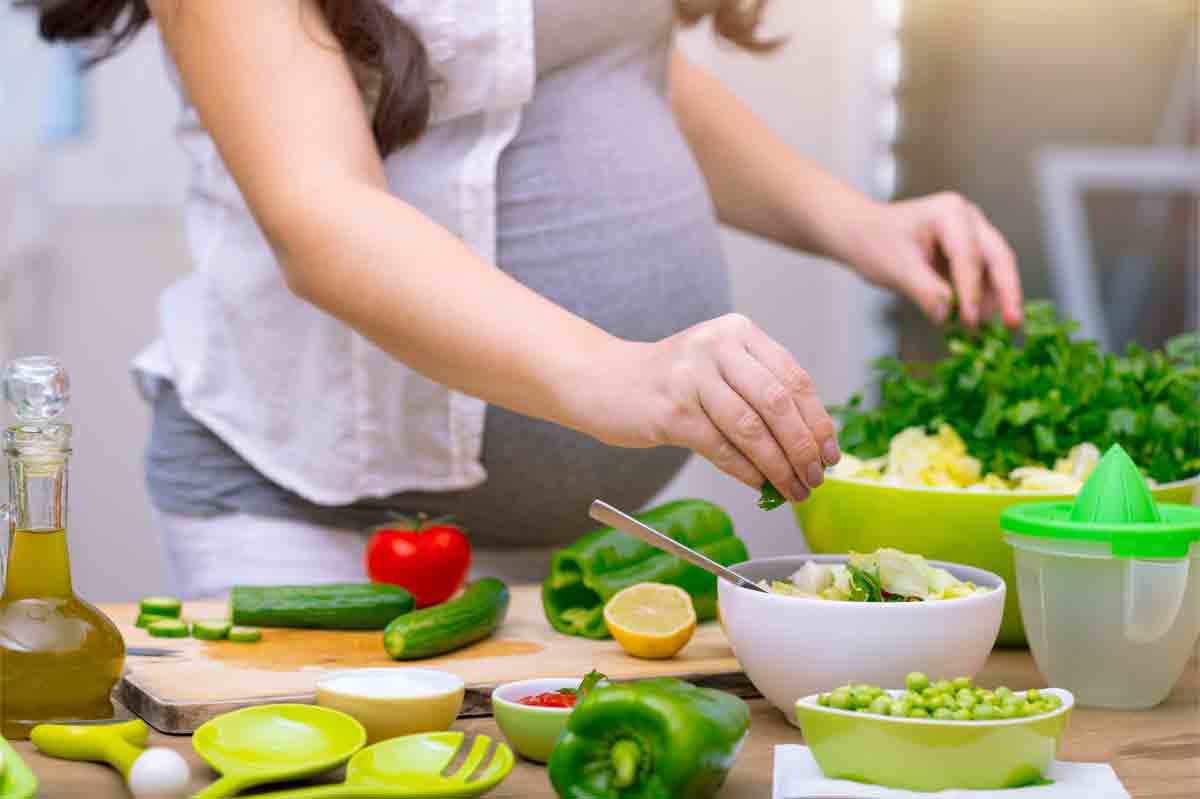Association of maternal depression with diet: A systematic review
This 2020 systematic review investigated whether the mental health of pregnant women may adversely affect their diet or the inverse: that poor nutritional intake during pregnancy may predispose women to mental health issues. Thirteen peer-reviews articles published between 2000 and 2018 evaluating the relationship between antenatal and postnatal depression with dietary intake were included in this review. Of these, five were cohort studies (including two birth studies) and eight were cross-sectional studies accumulating data from a total of 12,742 individuals. The studies were split into five groups based on what they analyzed: nutrients, micronutrients, dietary patterns, dietary behaviors, and intake of fish and vegetables. The “Healthy Eating Index” was inversely associated with maternal depression, while deficiencies in calcium, iron, and folate were all found to be associated with maternal depression. Studies exploring the association of depression with dietary patterns found a protective association of “Health Conscious”, “Healthy,” and “Brazilian” dietary patterns with maternal depression. In a diet behavior study, predictors of depressive symptoms in the late postpartum period (after childbirth) were found to be prenatal (before birth) and early postpartum eating attitudes and BMI. The authors conclude that lifestyle risk factors could be an important contributor to maternal depression. [NPID: postpartum mental health, post-partum mental health, postpartum, post-partum, pregnancy, antenatal depression, postnatal depression, nutrients, micronutrients, dietary patterns, dietary behaviors, maternal depression, depression]
Year: 2020
 Navigation
Navigation






